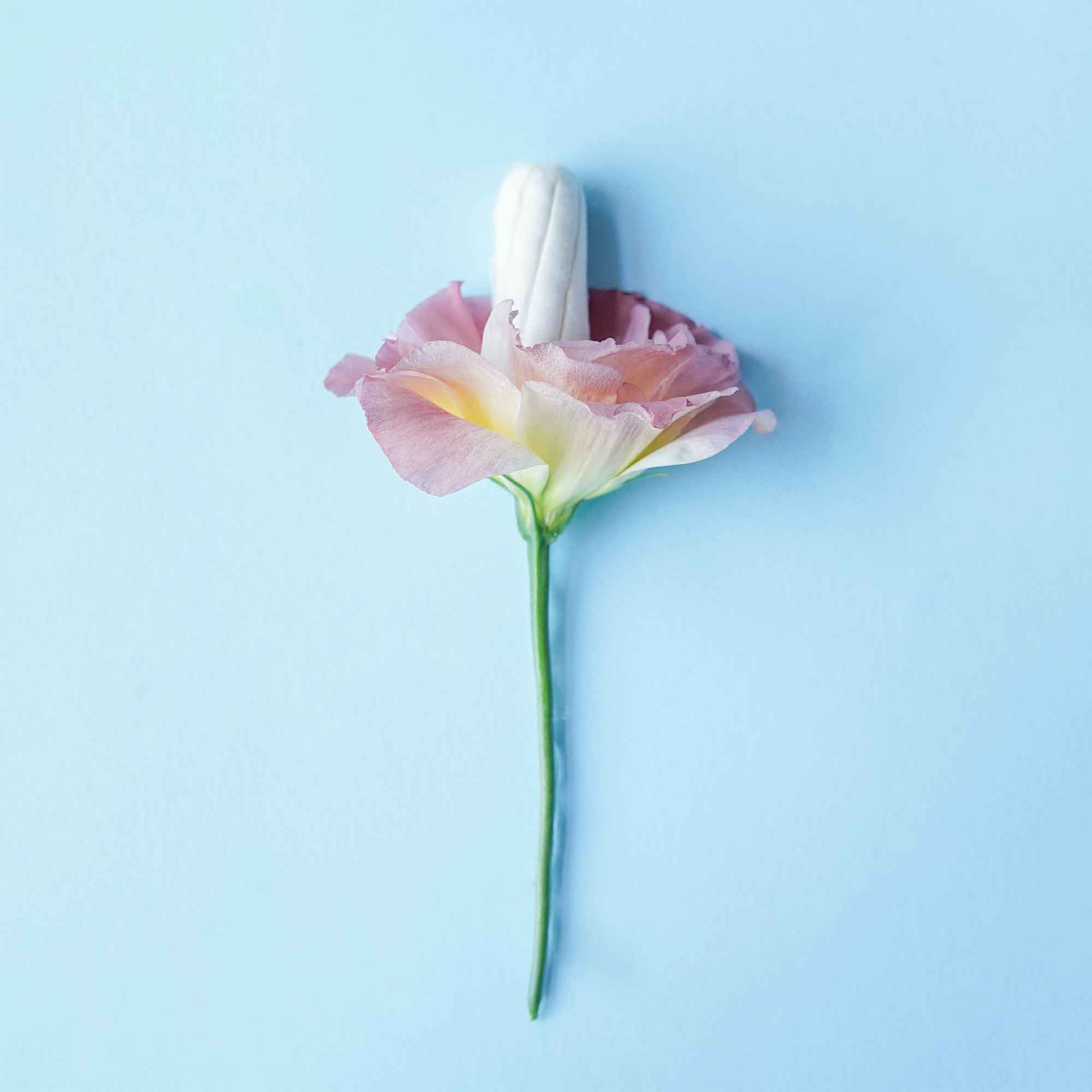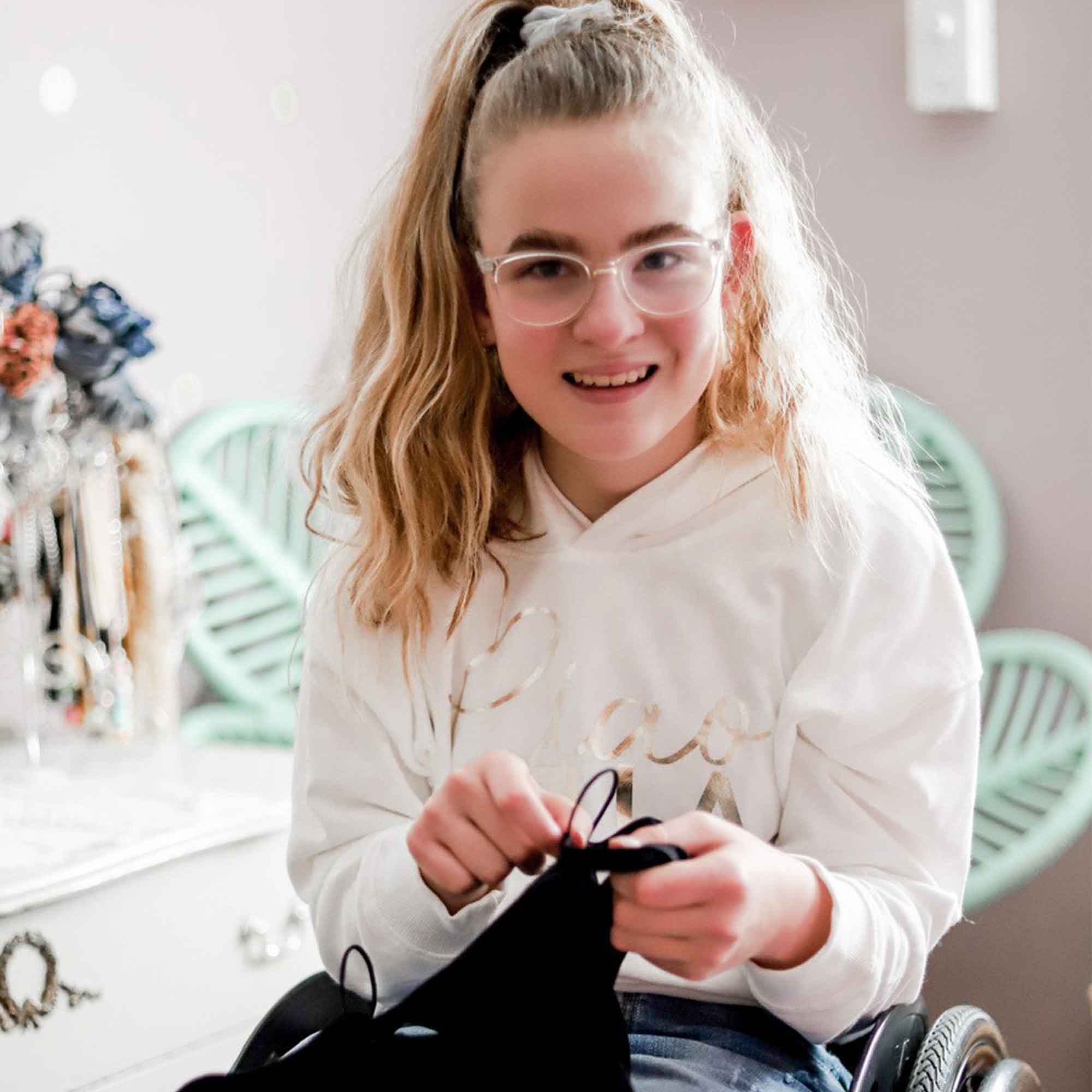
- POPSUGAR Australia
- Fitness
- This Is the Environmental Impact of Pads and Tampons
This Is the Environmental Impact of Pads and Tampons

Welcome to POPSUGAR Uninhibited, a space where anyone with a period can come for advice, recommendations and support. Here, we’ll tackle topics like PMS, sustainability, post-partum periods and bring you first-person experiences in our period diaries. We also want to raise awareness around period poverty, with the aim to ignite change with the help of our launch partner Modibodi and charity partner Share the Dignity. You can find all of the stories here.
Pads and tampons might be the most common sanitary items in the world, but because of their single-use nature, they also leave the biggest mark on the planet. The environmental impact of pads and tampons can’t be understated — not only does the period product itself get thrown away after one use, but so does the packaging that is often made of plastic.
According to the ABC, Australians buy 300 million tampons and 500 million pads every year. That is a staggering figure, considering every single one of these items will end up in landfill after it has been used. Sanitary items are a necessity for people who menstruate, so this information isn’t meant to make you feel guilty. But laying it out starkly like this allows us to become aware of the environmental impact, so if we have the option to change our period products, we can consider doing so.
What is the Environmental Impact of Tampons?
Tampons are made from cotton or synthetic rayon or, in some instances, a combination of the two. They are often packaged in plastic wrapping and housed within a cardboard box. In Australia, the companies that make these products aren’t legally required to list ingredients on the packaging, so it’s not always possible to know exactly what your pad or tampon is made of.
It is recommended that tampons can be safely worn for a maximum of eight hours before they are disposed of, making them a single-use item. It’s also estimated that the plastic and non-compostable materials found inside sanitary items can take 500 to 800 years to decompose.
Tampons should always be disposed of in a rubbish bin or sanitary bin and never be flushed down the toilet. When flushed, tampons become an environmental hazard that can get caught in pipes and cause blockages, which are very expensive problems to rectify. Unlike toilet paper that breaks down into tiny pieces, tampons are designed to absorb liquid —so this baby isn’t breaking down after being flushed.
What is the Environmental Impact of Pads?
Disposable pads are by far the most purchased period product in Australia. Like tampons, companies don’t need to list the ingredients in pads but they are commonly made out of cotton, plastics, and other synthetic materials. Pads should be changed every four to six hours, depending on your flow and, like tampons, end up in landfill where they take up to 800 years to break down.
When it comes to disposal, pads should also be popped into a rubbish or sanitary bin and should never be flushed down the toilet.
What’s the Alternative?
There are a number of alternative products on the market. If you’re still attached to the idea of using tampons, look for ones that are organic and 100 per cent biodegradable. If you’re a fan of pads, you might want to consider reusable pads which are made of fabric and can be washed and re-worn.
Better yet, period undies, like Modibodi’s leak-proof range, are a saviour for many, allowing you to ditch the single-use products and feel secure in a comfortable pair of undies that are period and incontinence proof, and can be washed and worn again. Another option is a menstrual cup, which is inserted into the vagina to catch your period. These too can be cleaned and reused again and again.
If you can’t access any of the above products, but can access pads and tampons, these are still completely fine to use. For those experiencing period poverty, it’s often hard to afford pads and tampons, let alone anything else. But if you are in a position to choose the period product you use, consider trying out a reusable option going forward.


